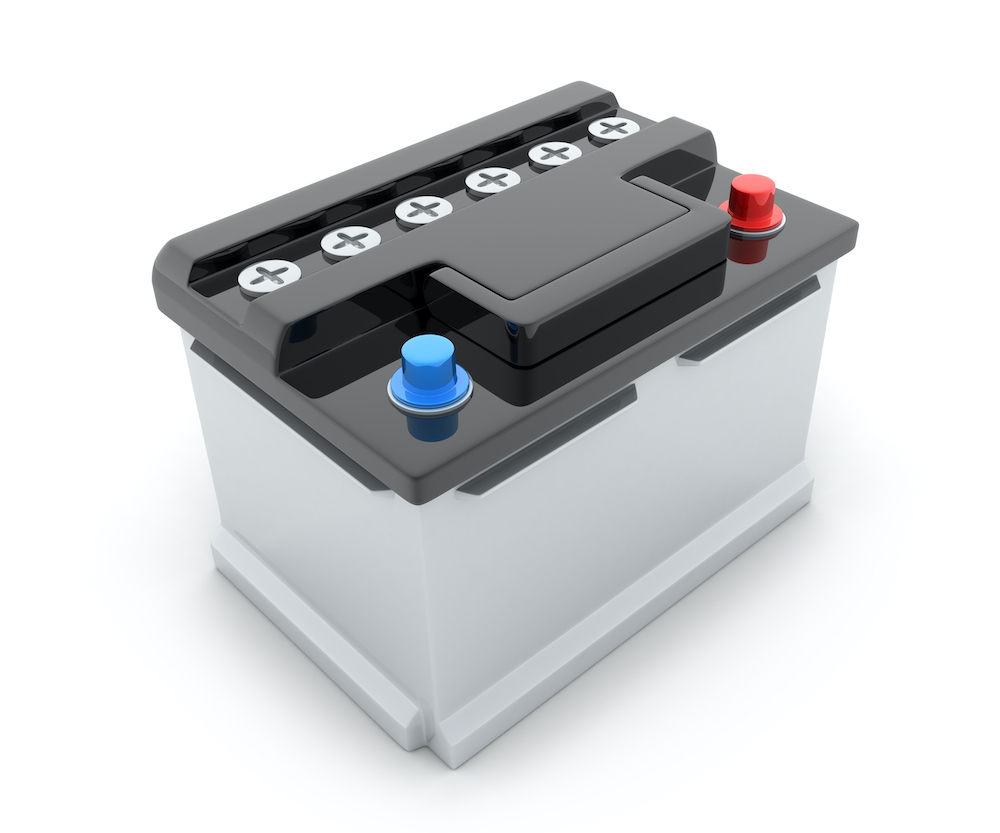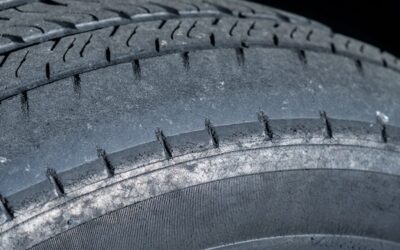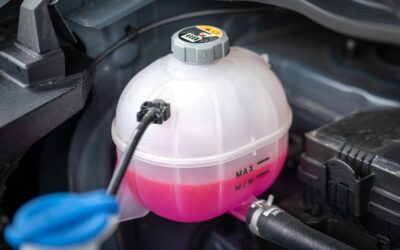How long does a car battery last? Most car batteries last three years, sometimes longer. But just how long your battery lasts depends on many things, including the sort of car you drive, how often you drive it, and a few other factors.

With proper care and efficient driving in the optimal conditions, a car battery can last for five years or longer. But under normal driving conditions, most car batteries will only last for around three years before you need to recharge or replace them.
What Determines the Life of a Car Battery?
Remember when your smartphone was brand new? You’d charge it once, and you wouldn’t have to charge it again for two or three days. But after a few years of constant use, you’ll be lucky if your charge lasts for more than a day. This is because smartphone batteries get slightly less efficient with every charge.
Car batteries are no different. Every time you run your car, the engine charges up the battery. And with each subsequent charge, the battery deteriorates. After three years, you’ll probably have to get a new battery. But after four or five years, the battery will be completely unreliable.
A few other things can determine your battery’s lifespan.
Advanced Features
Car batteries power almost everything in the car, from the headlights to the heating. Many advanced cars are fitted with computers that let you save settings, such as your preferred interior temperature and your preferred seating position. The more advanced features your car has, and the more you use them, the faster you’ll drain your battery.
Use of Lighting and Heating
The type of climate you live in can also make a difference to your battery life. If you live somewhere cold, you’ll use certain in car-systems a lot more, such as lighting and heating. This will add to the strain, which will reduce your car’s battery life.
Extreme Temperatures
Similarly, temperatures can affect your battery’s lifespan. Cold temperatures can affect the chemical reactions necessary to make your battery work, while hot temperatures can cause the battery’s electrolyte to slowly evaporate.
Most parts of the world alternate between cold and hot temperatures throughout the year. So hardly any car batteries run in optimal conditions. That’s why most batteries need changing or replacing after about three years.
Should I Replace My Car Battery?
You should get into the habit of regularly checking your car battery. Don’t wait until your battery starts giving you problems. With regular checks, you’ll be able to address potential issues long before they cause you any trouble. But if you just leave your battery to degrade and drain, don’t be surprised if one day you find your car simply won’t start.
Every time you book your car in for a service, ask them to check your battery. Alternatively, you can test your battery yourself with a device called a Multimeter. This will let you know how much charge your battery has remaining.
You can also be on the lookout for certain visual clues that your battery’s on its last legs. Look for corrosion on the battery itself. This indicates that your battery’s leaking acid, which means it’s certainly time to get it replaced. Don’t try this at home, though. Battery acid is extremely hazardous.
Head here to read our complete guide to testing and replacing your car battery.
Don’t Get Left Stranded!
You need to be able to depend on your car battery. Not only does it start your car and keep it running, it also powers certain systems you need to keep yourself safe on the road – such as your lights and your windscreen wipers.
If your car battery dies when you’re out and about, you won’t be able to start your car. You’ll be left stranded, and your car simply won’t start again until you get a new battery. That’s why it’s always a good idea to consider taking out breakdown cover when you buy insurance as a new driver.



